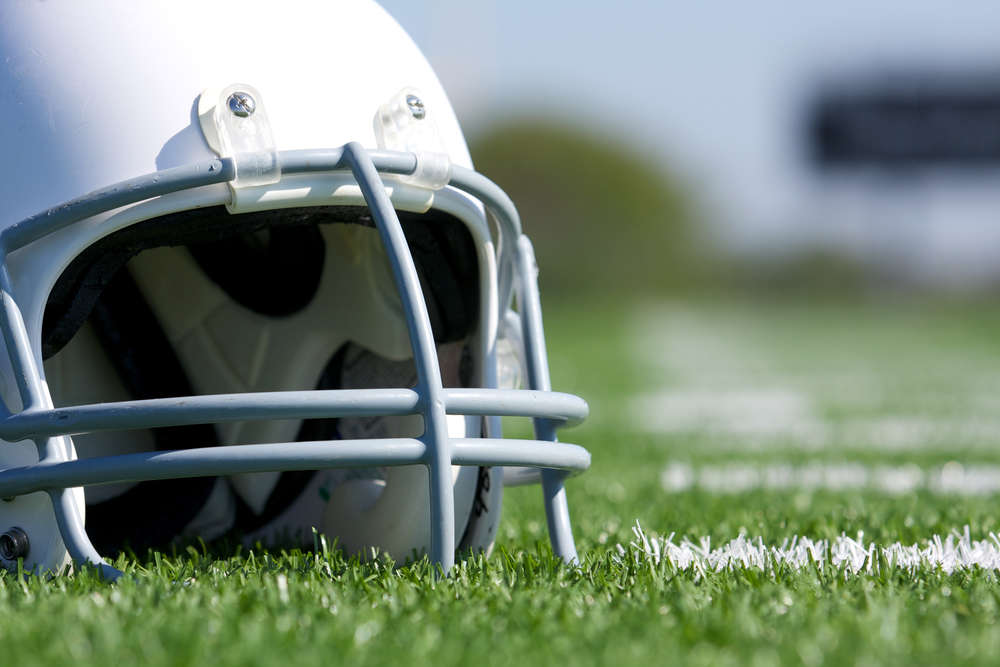It’s almost that time of year when youth athletes prepare for the summer and new fall season. With this in mind, it’s important to discuss safety on the field, especially how traumatic brain injuries (TBI), such as concussions, can impact one’s physical, mental, and emotional health. A concussion is a mild traumatic brain injury caused by a direct hit to the head, with or without being “knocked out.” However, indirect causes can also bring about a concussion. For example, a hit to the torso, such as a tackle seen in football, may indirectly cause a concussion.
Concussions and Anxiety
The Center for Disease Control and Prevention estimates that 1.7 million TBIs occur each year. Of these, about 75 percent are concussions, with sports-related injuries accounting for roughly 300,000 cases per year. Sports concussions are the second-leading cause of TBIs, after motor vehicle accidents for young people ages 15-24.1
Anxiety and depression are common side effects of these injuries, which can be caused by the psychosocial effects of the injury and/or by the injury itself. In fact, new research findings suggest that those with light or noise sensitivity after a concussion may be more likely to have difficulties with anxiety.2 Even for those who experience less severe brain trauma, they can still develop anxiety as a result of their injury.
Physical, Mental, and Emotional Effects
How can you tell if you or someone you know is suffering from a concussion? Here are common physical, mental, and emotional effects of a concussion:
Physical
- Headaches
- Fatigue
- Nausea
- Sensitivity to light and/or noise
- Dizziness
- Vision problems
- Sleep changes
- Balance difficulties
Mental
- Short term memory problems
- Attention problems
- Slowed thinking speed
- “Mental fog”
Emotional
- Anxiety
- Depression
- Apathy
- Irritability
- Mood swings
Seeking Help for TBIs and Post-Traumatic Anxiety
Most concussions fully resolve within one to two weeks for adults and an average of 7 to 10 days longer for younger children. However, it is also not rare for symptoms to last for weeks to months, and sometimes even years. When they do, this is called a post-concussive disorder. Fortunately, the majority of these types of injuries eventually resolve on their own. However, when one is injured, even without loss of consciousness, it is important to be seen and then cleared by a physician. After a head injury, seeking proper medical care as soon as possible is a critical first next step.
Often ignored in the recuperation process, however, are the mental and emotional effects that can stem from concussions and similar brain injuries. Although attending to the physical symptoms of a concussion is crucial, seeking help for anxiety and depression that may result is just as vital to a full recovery.
Sources
1(2014, February 24). Retrieved March 19, 2015, from https://www.cdc.gov/traumaticbraininjury/data/index.html
2Koehl, L.M. & Han, D.Y. (2014). Clinical Correlates of Emotional Distress in Adolescents after Sports Concussion. Abstract presented at the 2014 American Academy of Neurology Sports Concussion Conference, Chicago, IL.
Dr. Dan Han is the Chief of University of Kentucky Neuropsychology Service’s clinical section, the director of the UK Multidisciplinary Concussion Program, and an associate professor of Neurology, Neurosurgery, and Physical Medicine & Rehabilitation at the University of Kentucky College of Medicine. He received his doctoral training at the Adler School in Chicago, and pre-doctoral neuropsychology training at the University of Chicago Medical Center and Rush University Medical Center. He then completed his postdoctoral fellowship in clinical neuropsychology at the University of Wisconsin School of Medicine and Public Health in Madison, WI.
Dr. Han is the past president of the Lexington Board of Directors of the Brain Injury Alliance of Kentucky, founding member of the International Society of Neurogastronomy, founding member of the Scientific and Medical Advisory Board for Bill McMillan-Bluegrass Chapter of the Association of the United States Army, and is on the council of the Kentucky Stroke Affiliate Network, UK Stroke Leadership Council, Neurology Resident Training committee, and the UK Advisory Group. He is a funding recipient from the NIH, foundational grants and clinical trials, involving studies of brain-behavior relationships.



